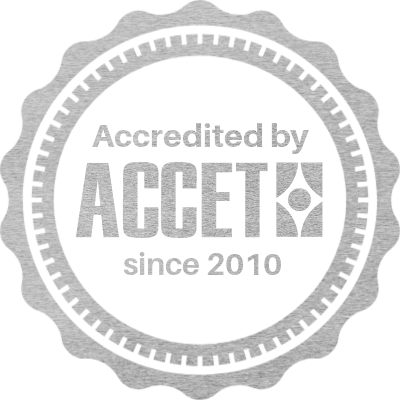
Accreditation matters! In recent years, attention has flocked to stories of educational institutions whose purpose was profit over students. These schools, also called “diploma mills,” are primarily interested in churning out graduates as quickly as possible so they can maximize how much they pocket from tuition payments. Recently, one institution was exposed to stories of diploma mills and educational institutions that take advantage of students. A recent investigation exposed multiple Florida-based nursing schools for selling thousands of fake diplomas, allowing those who purchased them to sit for national nursing exams. Those who managed to pass have been working with patients across the country without the proper training to administer care. Now, many states are investigating their nurses and annulling the licenses of those who should never have been given them in the first place.
Closer to home, the Hawaii College of Pharmacy (HICP) was an unaccredited Pharm.D. school in Hawaii that was owned and operated by Pacific Educational Services. After an investigation by the State of Hawaii’s Department for Consumer Protection for not following its regulations on non-accredited schools, it was shut down, and its owners were prohibited from running any business in Hawaii again. It is alleged that the college did not follow the requirements for disclosure of not being accredited. A Hawaii-based news report noted the school “falsely assured students it would obtain accreditation and wrongly took over six million dollars in tuition from some 240 students.”
So, how do institutions like these now-defunct schools manage to get away with this? Some of these schools seem legitimate at first glance, often promoting themselves as being cheaper or more affordable than their competitors. However, upon closer inspection, one might see that they’re cheaper for a reason. The biggest warning sign to look out for is whether a school is promising an education without having the necessary state licensing and/or accreditation from a body that the Federal Department of Education recognizes. This detail signifies that the institution has been reviewed and that it provides an acceptable level of quality education. Additionally, it guarantees that learners can avail themselves of essential financial aid from state and federal authorities.
In order to protect yourself, make sure that the school you attend is fully licensed by checking the following sites:
- Trade and Vocational Schools that do not offer a degree are licensed by the State of Hawaii. For a list of Licensed Private Trade, Vocational, and Technical Schools, click the link below:
- Oversight of Colleges and Universities that offer degree programs is done through the Hawaii Post-Secondary Education Authorization Program (HPEAP). Hawaii-authorized colleges and universities are listed here:
- If you attend a college, then make sure that they are accredited by an agency that’s recognized by the Federal Department of Education. You can check to see if your college is accredited here:
If your college or trade school is not listed, then they may not be fully licensed. When in doubt, you can always call the agency to verify accreditation personally. Any more questions? Contact us for more information!





